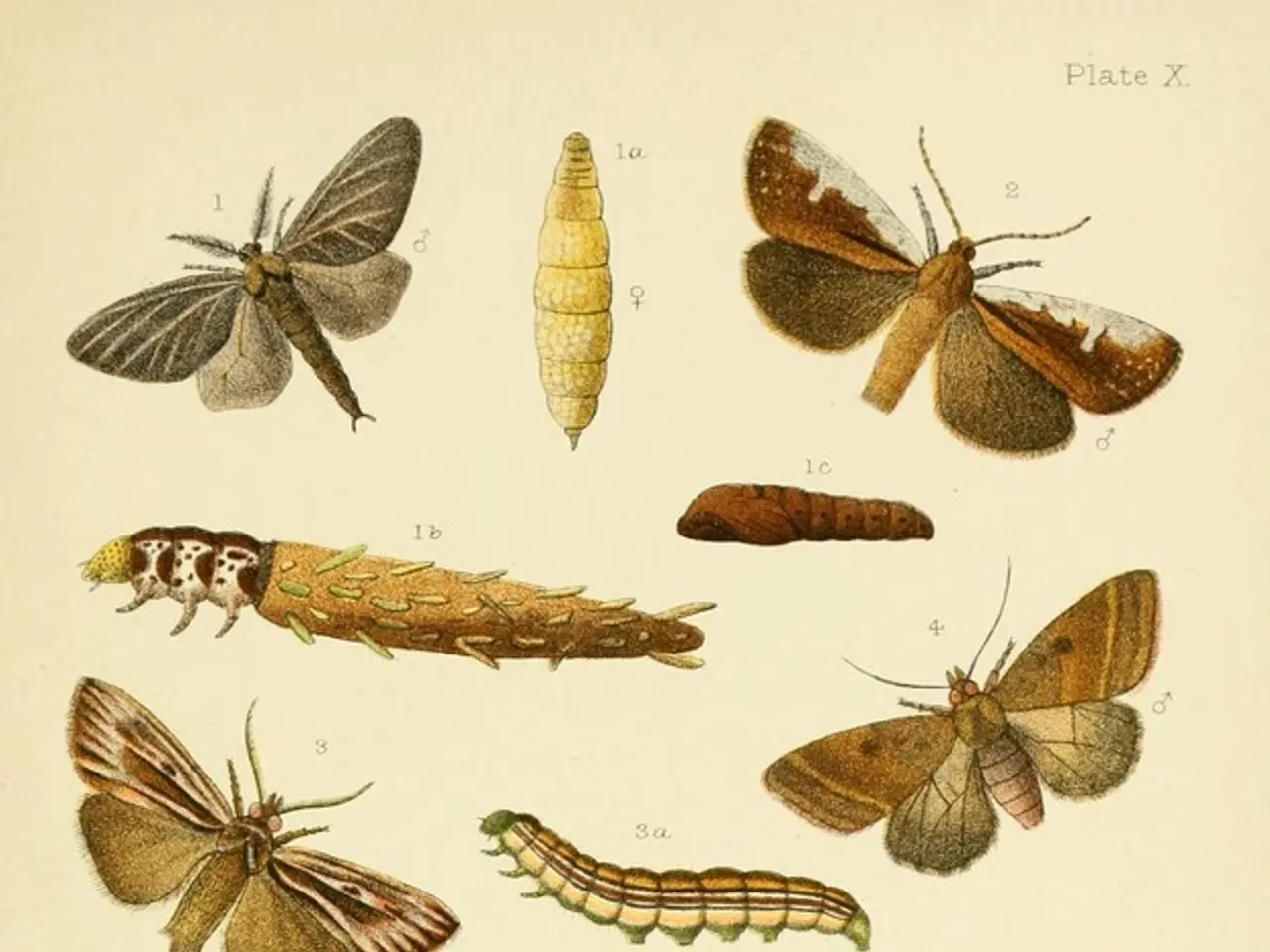Artificial Liver: Overview and Capabilities for Addressing Liver Ailments
Artificial liver support systems (ALSS) are emerging as a promising treatment option for individuals suffering from severe liver disease. These systems, which make up around 2% of a person's body weight, interact with almost all body organ systems and play multifunctional roles in maintaining overall health.
In the realm of ALSS, four common support systems have been identified: the Molecular Adsorbent Recirculating System (MARS), the Fractionated Plasma Separation and Adsorption system (Prometheus), Single-Pass Albumin Dialysis (SPAD), and selective plasma filtration therapy. While these systems can be costly, they offer a lifeline for those battling liver failure.
MARS, developed by Jan Stange and his team in the early 1990s, is one such system that has shown significant promise. It combines continuous renal replacement therapy (CRRT) with plasma adsorption to remove protein-bound and water-soluble toxins from the blood, helping to improve hepatic encephalopathy (HE) and reduce intracranial pressure in acute liver failure (ALF) or acute-on-chronic liver failure (ACLF).[1][4]
Other systems include the Double Plasma Molecular Adsorption System (DPMAS), which uses plasma adsorption to clear toxins in liver failure patients, and the Fractionated Plasma Separation and Adsorption (FPSA), which reduces aromatic amino acids and intracranial pressure and treats complications such as HE.[4] CRRT, either alone or combined with plasma adsorption, effectively lowers blood ammonia levels, cerebral edema, and intracranial pressure in liver failure patients.[4]
Advanced Organ Support (ADVOS), an extracorporeal device that supports multiple organs simultaneously, including liver detoxification functions, is another system under development.[5]
These systems primarily serve as bridges to liver transplantation, helping to clear toxins (both protein-bound and water-soluble) that otherwise impair brain, kidney, and immune function, and hinder liver regeneration.[4]
In addition to mechanical detoxification, lab-grown mini-livers, known as liver organoids, are emerging research tools and potential future therapies for modeling liver diseases and possibly restoring liver function.[2][3]
However, it's important to note that most studies involving these systems have small sample populations, which may limit their generalizability for large, diverse populations.
To maintain a healthy liver, it's recommended to eat a balanced diet, maintain a moderate weight, exercise regularly, avoid alcohol and illegal drugs, avoid sharing personal hygiene items, practice safe sex, get vaccinated for hepatitis A and B, and avoid contact with another person's blood.
Liver failure can result from various conditions, including cirrhosis due to long-term problematic alcohol use or chronic hepatitis C, autoimmune diseases, diseases of the bile duct, Wilson's disease, nonalcoholic steatohepatitis, or liver cancer. Acute-on-chronic liver failure (ACLF) is another condition that leads to deterioration of liver function.
While liver transplantation remains the only definitive treatment approach for both ALF and ACLF, the low success rate and limited availability of donors have led to the development of other treatment options, such as these artificial liver support systems. As research continues, the goal is to overcome current limitations and develop safe and effective artificial support systems to treat acute liver diseases.
If you are experiencing symptoms of liver failure, such as jaundice, loss of appetite, fatigue, weakness, or vomiting blood, it's crucial to speak with a doctor immediately.
[1] Stange, J. et al. (1996). Molecular Adsorbent Recirculating System (MARS): a new approach to the treatment of patients with acute and chronic liver failure. Liver Transplantation, 2(4), 257-266.
[2] Kang, Y. et al. (2015). Generation and characterization of human liver organoids. Nature Protocols, 10(12), 2230-2241.
[3] Kwon, S. et al. (2017). Human liver organoids: a platform for modeling liver diseases and drug screening. Trends in Pharmacological Sciences, 38(11), 807-817.
[4] Büchler, E. et al. (2018). Artificial liver support systems: a systematic review and meta-analysis. Journal of Hepatology, 69(5), 829-844.
[5] Chang, W. et al. (2017). Advanced Organ Support (ADVOS) in acute liver failure: a phase II multicenter study. The Lancet, 389(10087), 2617-2626.
- Biochemistry plays a crucial role in the functioning of Artificial Liver Support Systems (ALSS), as these systems interact with various organ systems in the body and carry out multifunctional roles.
- In the field of ALSS, four primary support systems have been identified: Molecular Adsorbent Recirculating System (MARS), Fractionated Plasma Separation and Adsorption system (Prometheus), Single-Pass Albumin Dialysis (SPAD), and selective plasma filtration therapy.
- Artificial liver support systems offer a lifeline for individuals suffering from severe liver diseases, including liver failure, and can help improve health-and-wellness by clearing toxins from the blood.
- The development of lab-grown mini-livers, also known as liver organoids, is an emerging research tool in the field of science, potentially serving as a future therapy for modeling liver diseases and possibly restoring liver function.
- Mental-health, fitness-and-exercise, skin-care, and nutrition play essential roles in maintaining a healthy liver, as recommended by medical-conditions experts for prevention of liver failure.
- Artificial Intelligence and technology are advancing rapidly, and could potentially be used to develop safe and effective artificial support systems for treating acute liver diseases and chronic-diseases.
- Liver failure can result from various medical-conditions such as cirrhosis, chronic hepatitis C, autoimmune diseases, diseases of the bile duct, Wilson's disease, nonalcoholic steatohepatitis, or liver cancer, and it's important to consult a doctor immediately if symptoms of liver failure are present.




